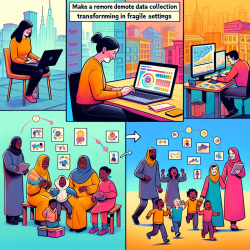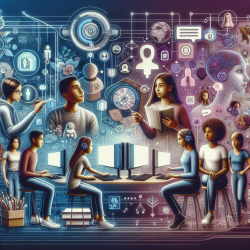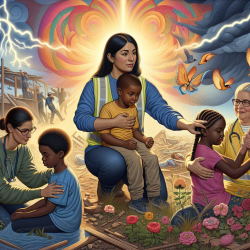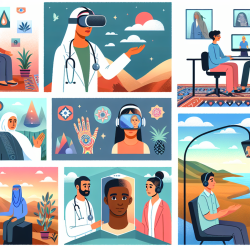Political conflict has long-lasting effects on communities, particularly on the mental health of young people. The study "Age as a Dynamic Moderator of Relations between Exposure to Political Conflict and Mental Health in Belfast, Northern Ireland" sheds light on how exposure to political violence impacts youth mental health differently across ages. This blog post explores key findings from the research and suggests ways practitioners can use these insights to improve their interventions.
The Role of Age in Mental Health Outcomes
The study utilized Time Varying Effects Modeling (TVEM) to examine how exposure to ethno-politically motivated antisocial behavior affects mental health among adolescents in Belfast. The results indicate that the relationship between exposure to political conflict and mental health problems is strongest between ages 16 and 19. For Protestant youth, nonsectarian antisocial behavior also emerged as a significant factor in later adolescence.
This finding underscores the importance of considering age as a dynamic factor when assessing mental health risks associated with political violence. Practitioners should tailor their interventions to address the specific needs of different age groups, particularly focusing on middle adolescence when vulnerability appears highest.
Implications for Practitioners
- Age-Specific Interventions: Develop targeted programs that address the unique challenges faced by adolescents at different developmental stages. Consider implementing school-based anti-bullying programs that incorporate identity-related themes.
- Focus on Identity: Recognize the increasing importance of social relationships and group identity during adolescence. Programs that address identity-related conflicts may help mitigate internalizing problems such as depression and anxiety.
- Cumulative Exposure: Be aware that prolonged exposure to political tension can accumulate over time, leading to increased mental health risks. Early intervention could prevent the accumulation of stressors that exacerbate mental health problems.
- Differentiating Violence Types: Understand the distinct impacts of sectarian versus nonsectarian violence. Tailor interventions accordingly, especially for communities with historical majority-minority dynamics.
Encouraging Further Research
The study highlights the need for further research into how political conflict affects youth mental health across different contexts and age groups. Practitioners are encouraged to explore these dynamics more deeply to develop more effective intervention strategies.
For those interested in delving deeper into this topic, the original research paper provides comprehensive insights into the methodologies and findings discussed here. To read the original research paper, please follow this link: Age as a Dynamic Moderator of Relations between Exposure to Political Conflict and Mental Health in Belfast, Northern Ireland.










